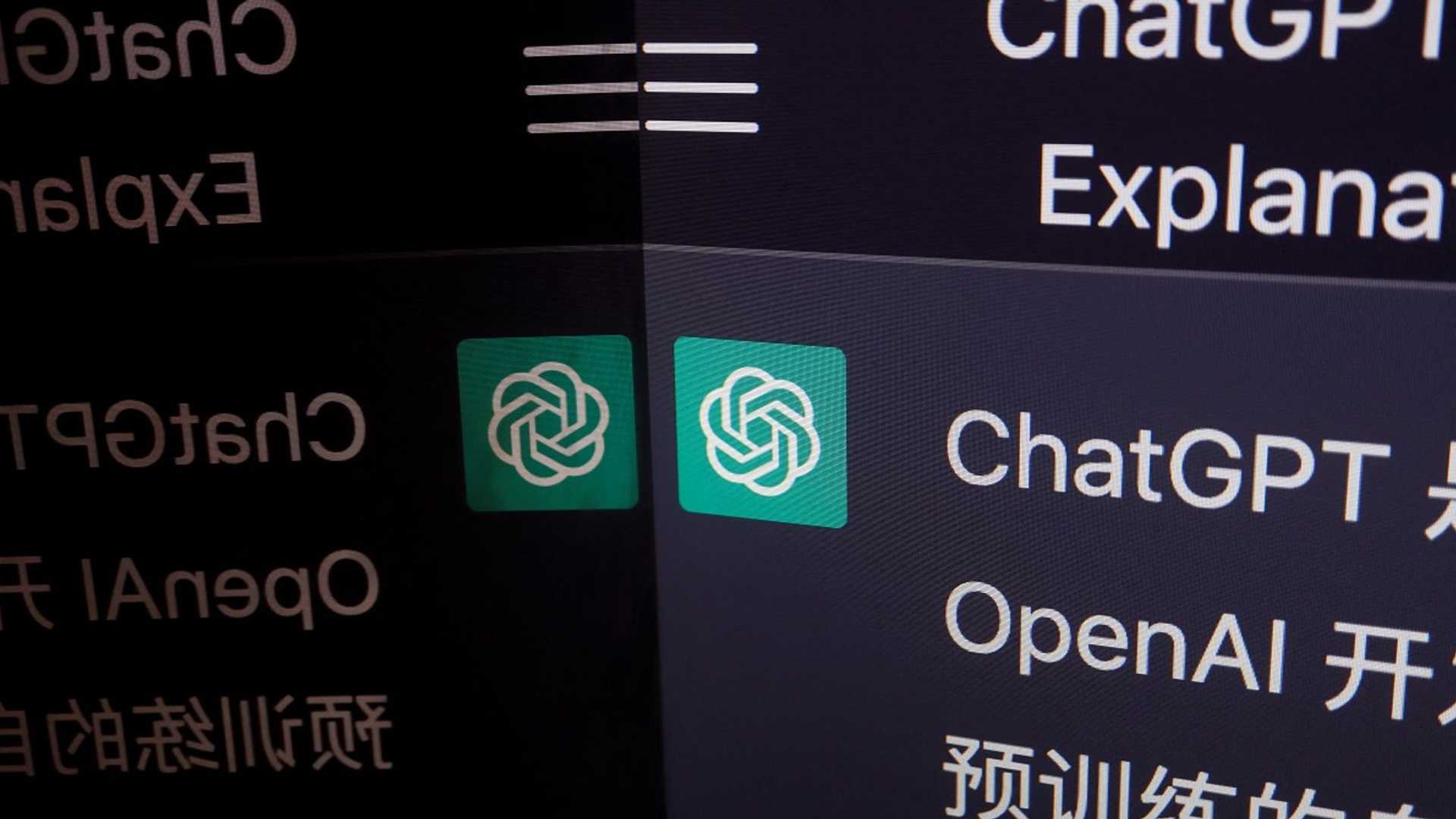China Makes First ChatGPT Arrest Over Fake Train Crash News
The Chinese police have recently detained a man for allegedly generating fake news through the use of artificial intelligence technology, ChatGPT. This news is related to a train crash that was later found to be untrue.
The suspect, who goes by the surname Hong, was found to have used ChatGPT to generate the false information and disseminate it through multiple online channels. Cybersecurity officers in Kongtong County found the article on Baijiahao, a blog-style platform run by Chinese search engine giant Baidu.
The articles had garnered over 15,000 clicks by the time authorities had discovered it. This situation caught the attention of the cyber division of a county police bureau, leading to an investigation and arrest. Hong was detained for "using artificial intelligence technology to concoct false and untrue information."
This marks China's first arrest of this nature since Beijing's first provisions to regulate the use of “deepfake” technology officially took effect in January. Offenders can face up to five years in jail for "picking quarrels and provoking trouble." In severe cases, offenders can face up to ten years in jail with additional penalties.
Authorities traced the origins of the fake article to a company owned by Hong in Guangdong province. Police found out that Hong input the elements of trending social stories in China from past years into ChatGPT to quickly produce different versions of the same fake story and uploaded them to his Baijiahao accounts.
While ChatGPT is not directly available to Chinese IP addresses, Chinese users can still access its service if they have a reliable VPN connection. China closely monitors its social media through firewalls, especially Sina Weibo, which has over 592 million users to ensure no critical content against the ruling Communist Party of China. China's top internet regulator has long voiced concern that unchecked development and use of deep synthesis technology could lead to its use in criminal activities such as online scams or defamation.
As ChatGPT has gone viral in recent months, China's law enforcement agencies have repeatedly voiced suspicion and even warnings about the technology. In one of the first comments on the chatbot made by the Chinese security apparatus, police in Beijing specifically warned the public in February to be wary of “rumours” generated by ChatGPT.
The use of AI to generate fake news is a significant concern for governments and tech companies worldwide. This recent development in China serves as a warning to individuals who may attempt to create and spread false information through similar methods.




















